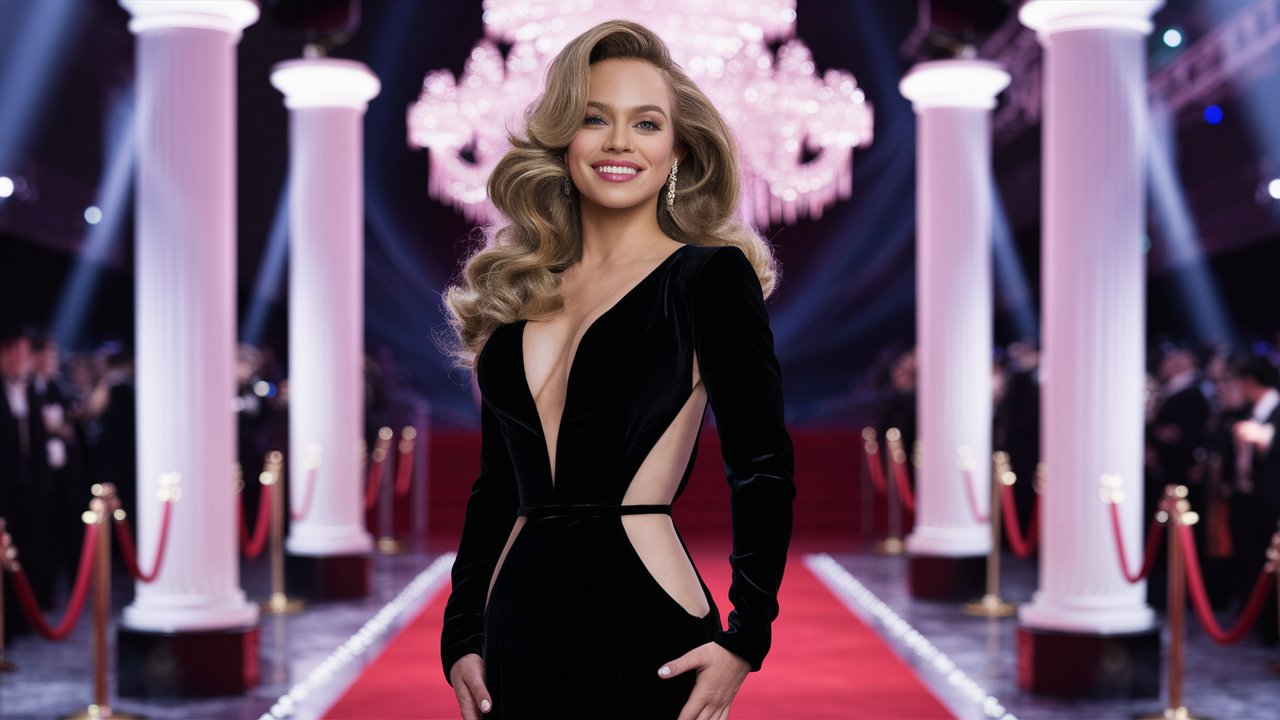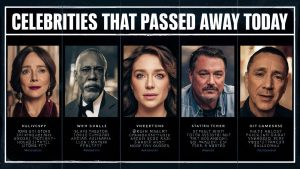Table of Contents
Introduction
Have you ever been told that you look exactly like a celebrity? Or perhaps you’ve come across someone who bears an uncanny resemblance to a famous star? This phenomenon, known as a “celebrity look-alike,” has captivated people for generations. Indeed, the idea of having a celebrity twin is both intriguing and fun, sparking curiosity about our own features and how they align with the faces we see on the big screen. So, why are we so fascinated by celebrity look-alikes? And how do people find their celebrity doppelgängers?
The Popularity of Celebrity Look-Alikes
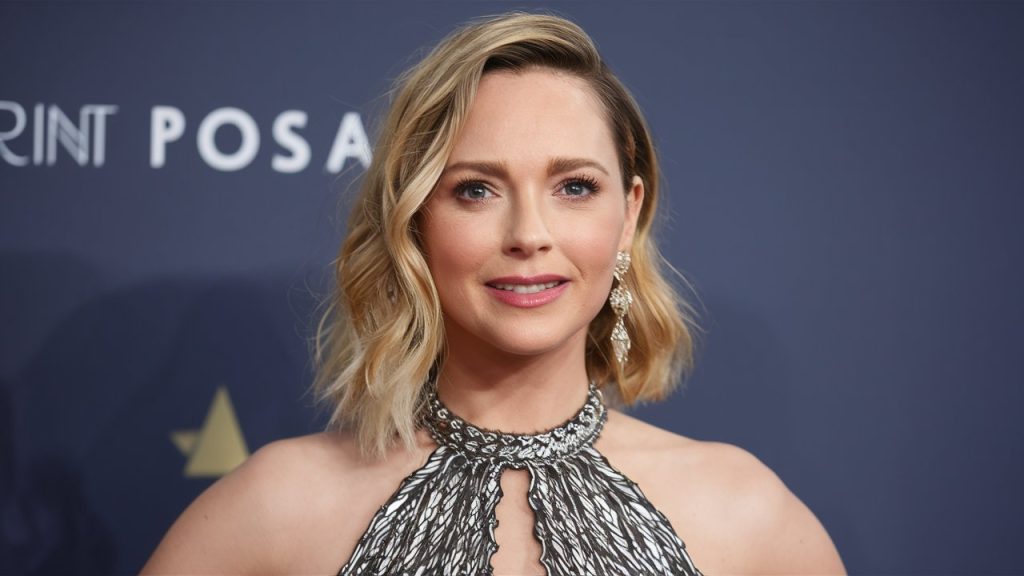
There’s no denying that people love finding their celebrity look-alikes. Not only does it give us a fun conversation starter, but it also taps into our desire to be associated with fame, even if just by appearance. As social media has grown, so too has the trend of sharing look-alike photos, with many individuals posting side-by-side comparisons of themselves and their famous doubles. Moreover, the excitement of finding a celebrity look-alike isn’t just limited to ordinary people; even celebrities themselves get in on the fun by acknowledging their doppelgängers.
How to Find Your Celebrity Look-Alike
With the rise of technology, finding your celebrity look-alike has never been easier. There are now numerous online tools and apps designed specifically to match your face with that of a celebrity. For example, websites like TwinStrangers and apps like Gradient or Y-Star have become immensely popular for their ability to analyze your facial features and compare them with a database of celebrities. While these tools are often used just for fun, they can sometimes deliver surprisingly accurate results, leading to viral moments and social media fame.
Celebrities Who Have Look-Alikes
Interestingly, there are quite a few celebrities who have look-alikes that are so similar, it’s almost hard to tell them apart. For instance, Katy Perry and Zooey Deschanel have often been mistaken for one another, and the resemblance between Jessica Chastain and Bryce Dallas Howard is uncanny. Furthermore, in some cases, the look-alike has become famous in their own right, like professional Prince Harry impersonator Rhys Whittock, who has made a career out of his royal resemblance.
Psychology Behind the Celebrity Look-Alike Phenomenon
Why exactly are we so drawn to people who look like celebrities? Psychologists suggest that it might be linked to our familiarity with these famous faces. After all, we see celebrities everywhere – in movies, TV shows, magazines, and online – so when we spot someone who looks similar, it triggers a sense of recognition and curiosity. Additionally, the media plays a significant role in perpetuating this trend by constantly highlighting celebrity culture and making these faces a regular part of our lives.
Social Media’s Role in the Celebrity Look-Alike Craze
Social media platforms like Instagram and TikTok have played a massive role in the rise of celebrity look-alike trends. With just a hashtag search like #celebritylookalike or #doppelganger, you’ll find thousands of posts where people compare themselves to celebrities. Moreover, viral challenges, such as the “Celebrity Look-Alike Challenge” on TikTok, encourage users to find and share their celebrity twin, further fueling the craze. These platforms have not only made it easier to discover look-alikes but have also turned it into a global trend.
Celebrity Look-Alike Contests
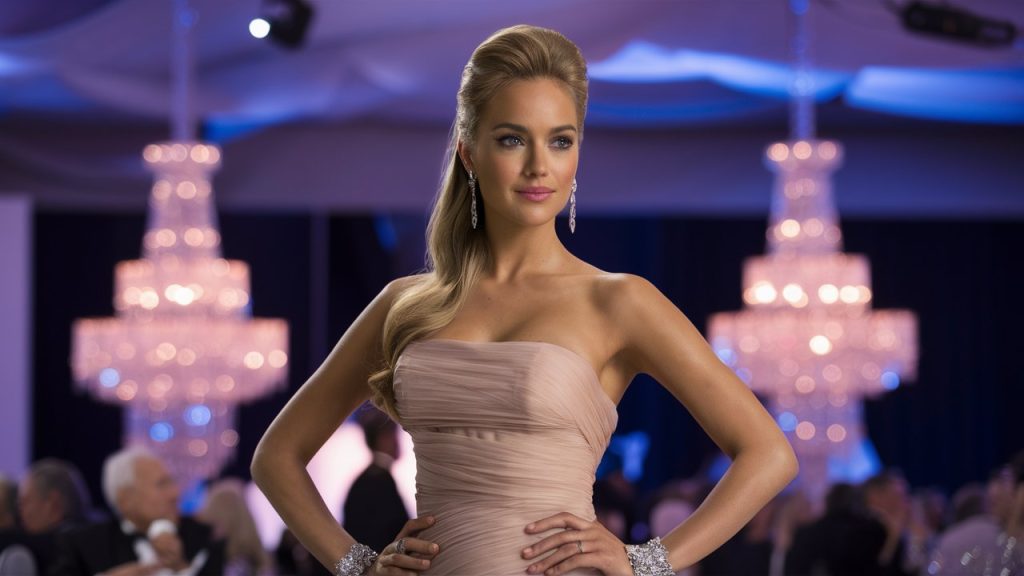
Celebrity look-alike contests have been around for decades, providing a fun way for people to showcase their resemblance to the stars. These contests are often held at events, fairs, and even on TV shows, where participants can win prizes for looking the most like a particular celebrity. Over time, these contests have evolved, with some becoming highly competitive and even launching the careers of professional look-alikes.
The Business of Being a Celebrity Look-Alike
For some people, resembling a celebrity isn’t just a fun coincidence – it’s a full-time job. Professional look-alikes can earn a living by appearing at events, performing in commercials, and even starring in films or TV shows as a celebrity double. For instance, there are entire agencies dedicated to representing look-alikes, helping them find gigs where their resemblance can be put to profitable use. Thus, what starts as a simple similarity can sometimes turn into a lucrative career.
Challenges of Being a Celebrity Look-Alike
While being a celebrity look-alike can be exciting, it also comes with its own set of challenges. For one, these individuals often face constant comparisons to their famous counterparts, which can be both flattering and overwhelming. Furthermore, some look-alikes struggle with the pressure of living up to the public’s expectations or maintaining their resemblance over time. Despite the perks, the spotlight can sometimes cast a long shadow Celebs That Died Today.
Celebrity Look-Alikes in Pop Culture
Celebrity look-alikes have left a significant mark on pop culture. From movies and TV shows to commercials and viral videos, these doppelgängers often find themselves in the spotlight. For instance, look-alikes are frequently used in comedy sketches and parodies, where their resemblance to a celebrity adds an extra layer of humor. Additionally, many brands capitalize on this phenomenon by featuring look-alikes in their advertising campaigns, creating memorable and engaging content.
The Role of Technology in Enhancing Resemblances
Technology has not only made it easier to find look-alikes but has also enhanced how similar they can appear. With tools like face-swapping apps, filters, and even deepfakes, the line between a look-alike and the real celebrity can sometimes become blurred. These technologies allow users to manipulate images and videos, creating eerily accurate representations that can be both entertaining and, at times, unsettling.
Real-Life Stories of Celebrity Look-Alikes
Many individuals who resemble celebrities have fascinating stories to share. Some have found themselves thrust into the limelight unexpectedly, while others have embraced their resemblance and turned it into a career. For example, Ty Jones, a Barack Obama look-alike, has made a name for himself by appearing in various media as the former president’s double. Similarly, Heidi Agan, who looks like Kate Middleton, has enjoyed a successful career as a professional look-alike, appearing at events and on television.
Conclusion
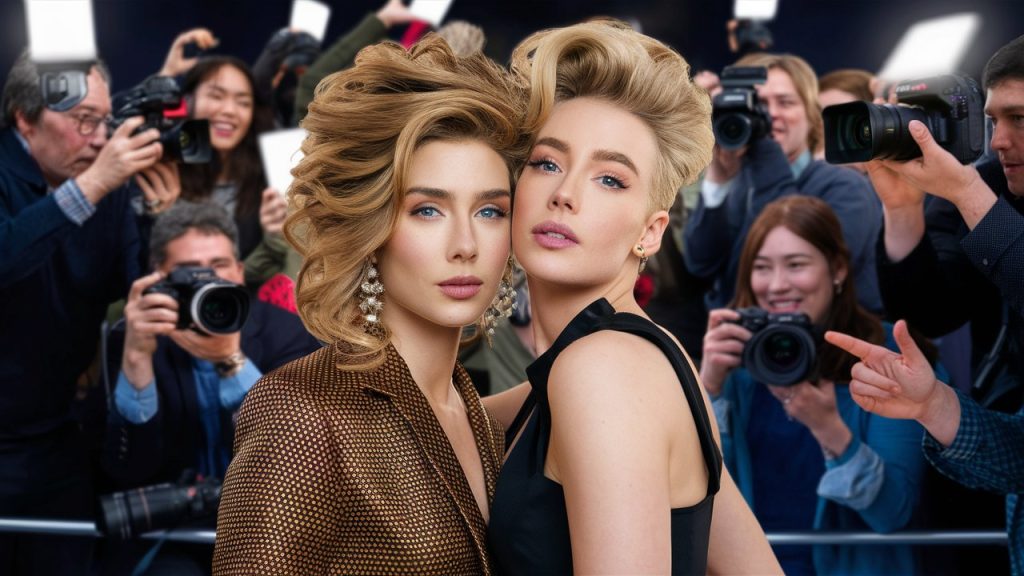
The fascination with celebrity look-alikes shows no signs of waning. Whether it’s for fun, fame, or fortune, the idea of having a celebrity twin continues to captivate people worldwide. With social media and technology making it easier than ever to find and share these resemblances, it’s likely that the trend will only grow stronger. So, if you’ve ever wondered if you have a celebrity doppelgänger, now’s the perfect time to find out.
FAQs
How accurate are celebrity look-alike apps?
While many celebrity look-alike apps use advanced algorithms to match your features with those of celebrities, their accuracy can vary. Some apps provide surprisingly close matches, while others might be more for entertainment than precision.
Can being a celebrity look-alike lead to a career?
Yes, many individuals have turned their resemblance to celebrities into successful careers. Professional look-alikes often find work in entertainment, advertising, and events.
Why do some people not see the resemblance in look-alikes?
Perception of resemblance can be subjective. Factors such as facial expressions, hairstyles, and even personal biases can influence whether someone sees the similarity.
What are the most common celebrity look-alikes?
Some frequently mentioned celebrity look-alikes include Katy Perry and Zooey Deschanel, Natalie Portman and Keira Knightley, and Margot Robbie and Jaime Pressly.
How do look-alikes handle the attention they receive?
Many look-alikes enjoy the attention and use it to their advantage, whether for career opportunities or social media fame. However, they also face challenges, such as managing public expectations and maintaining their privacy.
